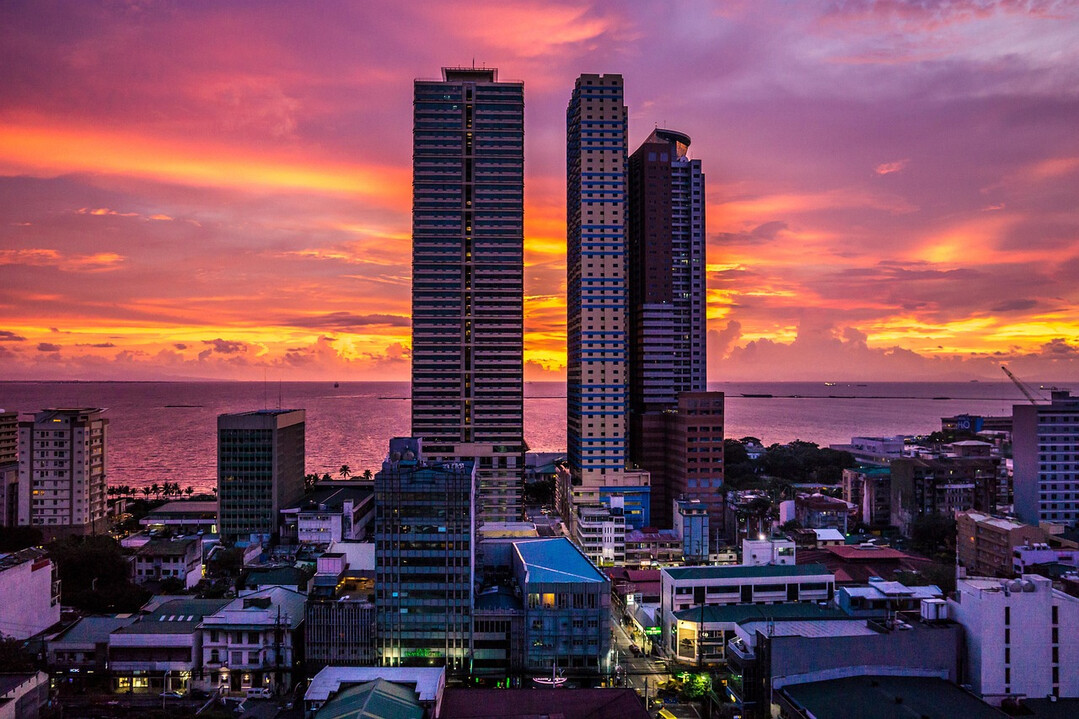
MANILA, Philippines – The Philippines remains classified as a lower-middle-income country, according to the World Bank's 2024 Gross National Income (GNI) data. Despite the Ferdinand Marcos Jr. administration's strong push for an upgrade to upper-middle-income status, the Philippines' per capita GNI stood at $4,470, just $26 short of the $4,496 threshold for upper-middle income.
The World Bank's country classification thresholds are as follows:
Low-income economies: $1,135 or less
Lower-middle-income economies: $1,136 – $4,495
Upper-middle-income economies: $4,496 – $13,845
High-income economies: $13,846 or more
GNI (Gross National Income) is a measure of a country's total economic output, including the value of goods and services produced domestically as well as income earned from abroad (such as remittances and returns on overseas investments). It is a key indicator used by the World Bank to classify economies into income groups.
Despite Steady Growth, Target Missed
The Philippines' GNI has shown a consistent upward trend since 2021. Malacañang acknowledged the World Bank's latest figures but maintained an optimistic stance that the Marcos administration can still achieve its goal of attaining upper-middle-income country status. Palace spokesperson Cheloy Garafil emphasized in a July 3 briefing, "While there are various situations happening globally right now, we will do our best to achieve this goal. The government will double its efforts to achieve the target."
Initially, the Philippine government aimed to reach upper-middle-income status by 2025. However, Secretary Arsenio Balisacan of the Department of Economic, Planning, and Development (DEPDev) had previously indicated that achieving this goal might be challenging due to global uncertainties. In an earlier interview, Secretary Balisacan stated, "We are part of the world economy. Various sectors of our economy are linked to global supply chains, regional supply chains, and the slowdown in China. Therefore, we realistically need to adjust our forecasts."
Significance and Impact of Achieving Upper-Middle Income Status
Attaining upper-middle-income country status carries several important implications for the Philippines beyond a mere change in classification. First, it can positively impact the country's credit rating, fostering a more favorable environment for attracting foreign investment. Investors tend to show greater interest in countries with stable economic growth and higher income levels, which can in turn lead to job creation and economic revitalization.
Furthermore, it can contribute to an expanded influence in the international community. Countries with higher income levels generally have a stronger voice in international organizations and can transition from being recipients of development aid to independently pursuing their own development projects and strengthening their capacity to assist other developing nations. This would also contribute to an increase in the Philippines' soft power.
However, an upgrade to upper-middle-income status also brings challenges. Conditions for some international aid or concessional loans provided to low- and lower-middle-income countries may be tightened or reduced, placing a greater burden on the Philippine government to self-finance and implement development plans. Additionally, wage pressure resulting from increased income levels could weaken the competitiveness of the manufacturing sector, further deepening the Philippine economy's reliance on the service sector and remittances from overseas workers.
Philippine Government's Future Strategy and Challenges
The Philippine government is expected to exert multifaceted efforts to achieve its goal of becoming an upper-middle-income country. Key strategies include:
Promoting sustained economic growth: The government will focus on boosting economic growth rates through expanded infrastructure investment, strengthened foreign investment attraction policies, export promotion, and tourism industry revitalization. In particular, the Marcos administration is accelerating the construction of key infrastructure such as roads, ports, and airports through its 'Build, Better, More' program. These infrastructure improvements are expected to reduce logistics costs and enhance productivity, positively impacting the economy as a whole.
Human capital development and productivity enhancement: Investment will be made in improving the quality of the workforce and increasing productivity through strengthened education and vocational training programs, as well as improved healthcare services. While the Philippines boasts a young and abundant workforce, skilled labor required for high-value-added industries remains insufficient. Strengthening technical education and investing in research and development are essential for upgrading the structure of the Philippine economy and securing new growth engines.
Pursuing inclusive growth: The government will continue to implement policies aimed at reducing income inequality and poverty, striving to ensure that the benefits of economic growth reach all segments of society. Enhancing agricultural productivity, strengthening support for small and medium-sized enterprises, and expanding the social safety net are key tasks for inclusive growth. Especially since agriculture accounts for a significant portion of the Philippine economy, improving agricultural productivity and developing rural areas play a crucial role in addressing income inequality.
Efficient fiscal management: The government will manage national debt through sound fiscal operations and increase the efficiency of fiscal spending, concentrating investments in necessary areas. Expanding the tax base and improving the tax collection system can also contribute to securing fiscal health.
Although the Philippines narrowly missed achieving upper-middle-income status by a mere $26, this can simultaneously serve as a powerful motivation to reach the goal. Despite global economic uncertainties, if the Philippine government continues to pursue consistent economic policies and structural reform efforts, it is projected to achieve the goal of upgrading to an upper-middle-income country in the near future. This will contribute to improving the quality of life for the Filipino people and enhancing national competitiveness.
[Copyright (c) Global Economic Times. All Rights Reserved.]






























